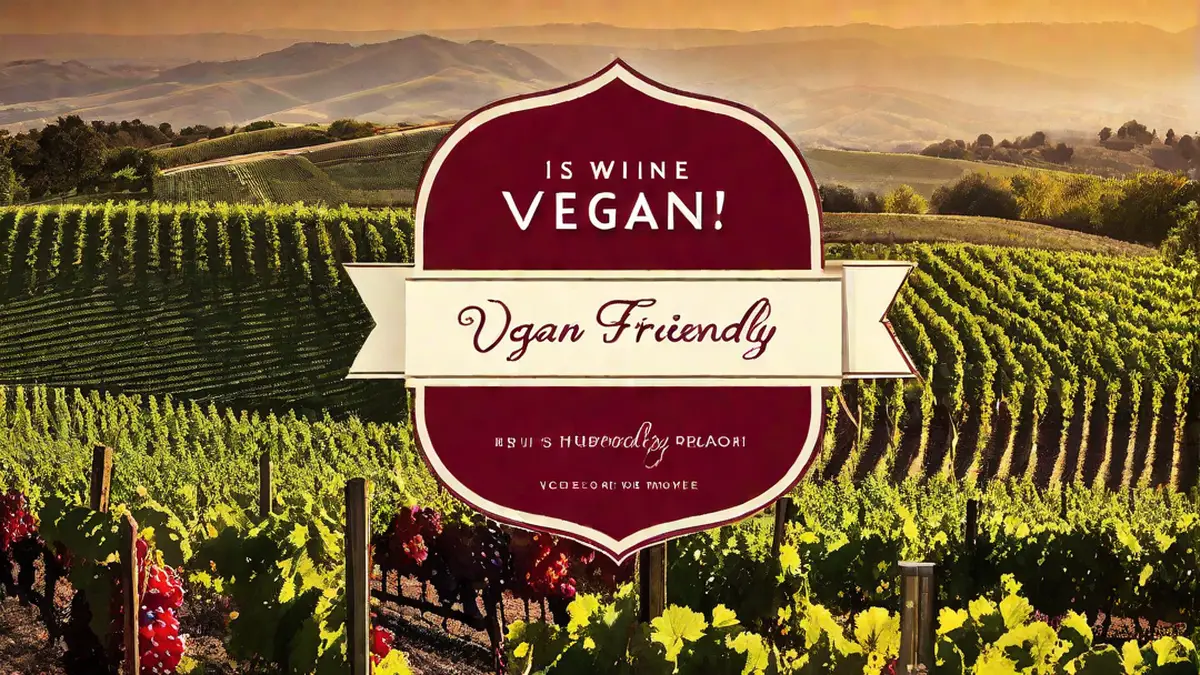As a wine enthusiast, I often find myself pondering if wine is deemed appropriate for vegans. Being vegan, it’s crucial for me to ensure that the beverages I enjoy adhere to my ethical values. So, let’s dive deep into the world of wine and ascertain whether it’s a viable choice for vegans.
Firstly, let’s understand what it means for a wine to be vegan-friendly. The process of winemaking typically involves a few key ingredients – grapes, yeast, and sometimes, fining agents. Fining agents are used to clarify the wine by removing any impurities or sediments. Traditionally, animal-derived fining agents such as gelatin, egg whites, or fish bladder (isinglass) have been used. These agents bind with the particles in the wine and settle at the bottom, making it easier to separate the clear wine from the sediment.
However, the good news for vegan wine lovers is that many winemakers have started to embrace alternative fining agents. Nowadays, vegan-friendly fining agents like bentonite clay, activated charcoal, and pea protein are being used to achieve the same clarification results without the use of animal products. This shift toward cruelty-free winemaking has made it easier for vegans to enjoy a nice glass of wine without compromising their values.
It’s important to note that not all wines undergo fining, and some winemakers choose to let the wine clarify naturally over time. These unfiltered or unfined wines may have a slightly cloudier appearance, but they are perfectly safe for consumption and are often preferred by those seeking a more natural approach to winemaking.
If you’re wondering how to identify vegan-friendly wines, the best way is to look for labels or certifications that indicate the wine is vegan. Some wineries proudly display the “Certified Vegan” logo on their bottles, making it easier for consumers to make informed choices. Additionally, there are online resources and apps dedicated to cataloging vegan wines, helping you navigate the vast selection available.
It’s worth mentioning that while the winemaking process itself may be vegan-friendly, there are other factors to consider, such as the use of animal products in vineyard practices. For example, some wineries may use animal-based fertilizers or employ animal labor in the vineyards. If these concerns align with your vegan lifestyle, it’s worth researching the specific practices of the wineries you support.
In conclusion, the world of wine is becoming increasingly vegan-friendly, with many winemakers adopting alternative fining agents and labeling their products accordingly. However, it’s essential for ethical consumers to go beyond just the fining process and consider other animal-related practices in the vineyard. By doing a little research and making informed choices, vegans can enjoy a glass of wine that aligns with their beliefs and indulges their taste buds.
